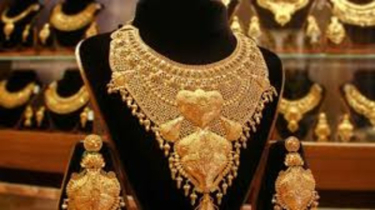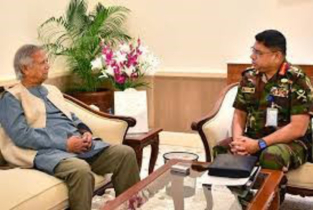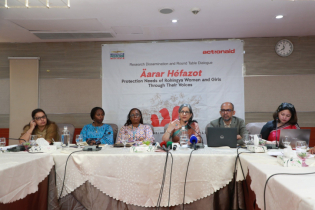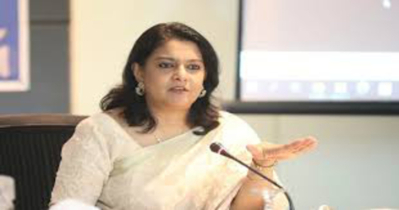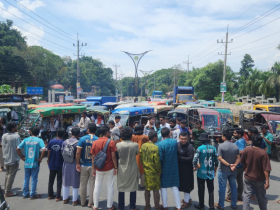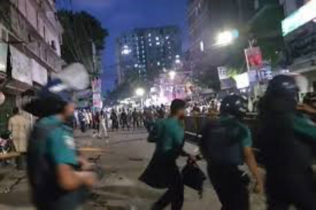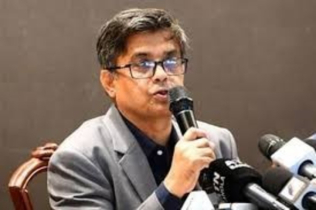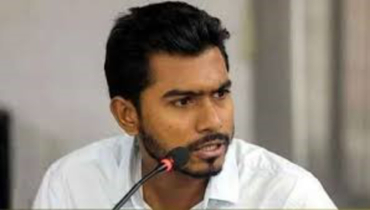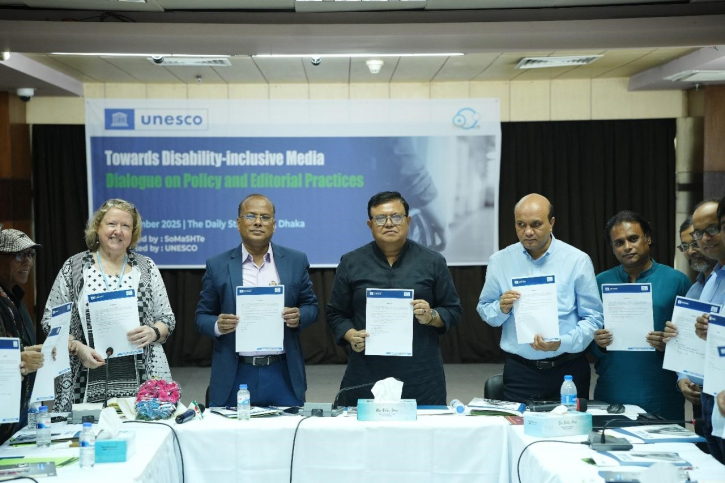
With the upcoming national election, media professionals have been urged to keep a close watch on the commitments and plans of political parties regarding persons with disabilities.
Stressing the need for a socio-cultural awakening to establish the rights of persons with disabilities and overturn deep-rooted negative social attitudes, speakers said that the more sensitive and proactive the media becomes on disability issues, the more positive changes will follow in political, institutional, and social structures. For this, the inclusion of disability in editorial policies and practices of media houses is essential.
The call came today at a dialogue in Dhaka titled “Towards Disability-Inclusive Media: Dialogue on Policy and Editorial Practices.” Organised by media and communication-focused organisation, with support from UNESCO Dhaka Office, the dialogue emphasized advancing inclusive practices based on UNESCO’s practical guidelines on disability equality in the media.
Moderated by Dhaka Tribune Editor Riaz Ahmad, the event featured Dr Susan Vize, UNESCO Representative to Bangladesh, as the chief guest, and Muhammad Hiruzzaman, Director General of the National Institute of Mass Communication, as the special guest. The dialogue brought together policy-level representatives from media organisations, journalist associations, and development practitioners.
Mir Masruruzzaman, Executive Director of Somosti, presented a summary of the Bangla adaptation of the UNESCO’s practical manual. Vaskar Bhattacharjee, National Consultant of the a2i project, discussed accessibility of persons with disabilities in media content and shared practical steps for making online content accessible.
Dr Susan Vize said, “Historically, disability has been seen as a curse in society. Media can play a powerful role in changing this perception. As long as such attitudes exist, there will be discrimination and barriers, whether at the individual level or in policymaking.” She further said, “Awareness raising is certainly necessary, but it is not enough. Now is the time to move to action. And the media must take the lead in this responsibility.”
Muhammad Hiruzzaman said, “We will, as soon as possible, make an effort to include special sessions on disability in our training programmes for journalists and media professionals so that they can report with greater sensitivity, responsibility, and inclusivity.”
Riaz Ahmad said, “To bring changes in disability-related editorial policies and newsroom practices, we need to invest not only in journalists but also in the capacity of other staff and management officials in newsrooms. Sustainable cultural change in media will come only when everyone in the institution shares the knowledge, skills, and commitment to inclusive reporting.”
Vaskar Bhattacharjee added, “It is necessary to assess the current state of accessibility and management of disability issues in media organisations and initiate motivation and capacity development programmes for them.”
The panel discussion featured senior journalist Sohrab Hasan, Channel I’s Chief Executive Editor M Zahid Newaz Khan, writer and journalist Shahnaz Munni, Jugantor’s Shuchi Syed, Manabzamin’s Kajol Ghosh, BFUJ’s Arfanul Haque Nahid, CRAB’s M M Badsah, National Press Club’s Shahnaz Begum Poly, BJC’s Shahnaz Sharmin, DRU’s Nadia Sharmin, Women Eye’s Rita Bhowmik, The Daily Star’s Nilima Jahan, B-SCAN’s Sumona Khan, Sightsavers’ Ayon Debnath, SRS’s Sikandar Ali Mina, Urban’s Arifuzzaman, among others.
At the end, participating journalists signed a pledge committing to follow the practical guidelines in their professional practices.
TH

.png)
